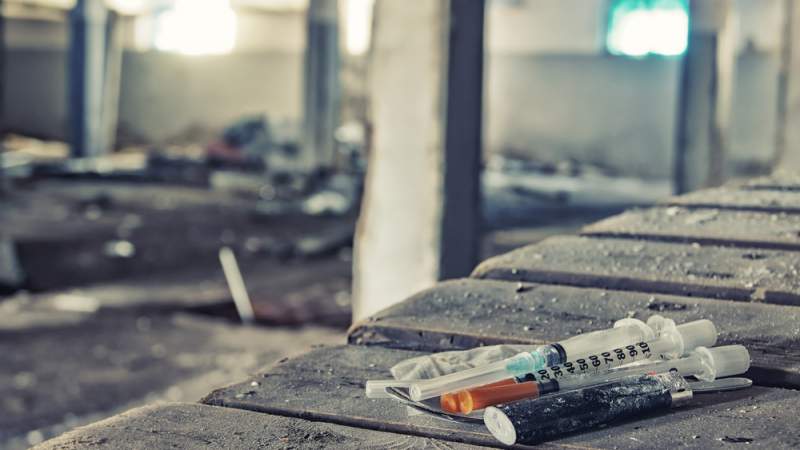Dec 7, 2016
20 Things Everyone Should Know About HIV
7. Reducing the risk of transmission is your responsibility
The risks of sexual transmission of HIV can be reduced if infected people decide not to have sex. Infected partners can choose to have sex with each other or choose to engage in safe sex. Safe sex usually involves the use of a condom or avoiding penetration. But you should note that the only way you can prevent the sexual transmission of HIV is avoiding all sexual contact.
8. Contact does not transmit HIV
You cannot get HIV by shaking hands, hugging, sharing swimming pools, sharing eating utensils, sneezing or sharing toilet seats with someone who is infected with the virus.

Monkey Business Images / Shutterstock.com
9. Infected people need compassion and support
You should not discriminate against people who have been infected with HIV. Discrimination violates their human rights, and it also endangers public health. You should always show compassion and support to those infected or affected by HIV and AIDS.
10. Counseling is available
If you suspect that you have been infected with the virus, you should immediately contact a trained health worker or an HIV center so as to receive confidential counseling and testing.

wavebreakmedia / Shutterstock.com
11. Drug users are at risk
If you are addicted to drugs, you are at a high risk of being infected. This is because the virus can be transmitted through the skin when it is cut or when it is pierced using a needle, razorblade, syringe or any other tool that has not been sterilized.
12. Transmission through oral sex is possible
Passing the virus through oral sex is rare, but it is possible to be transmitted this way. When ejaculation happens during oral sex, the risk of HIV is increased.

vidguten / Shutterstock.com
Share On
More From AnswerGuide




